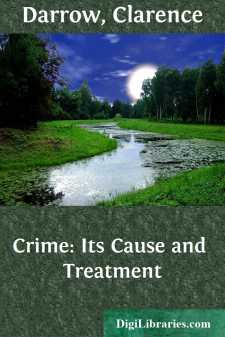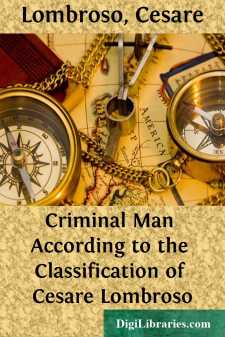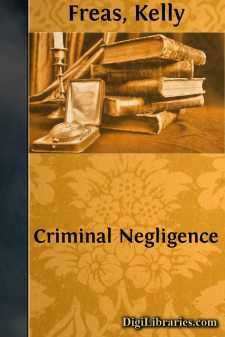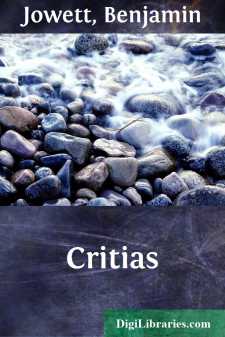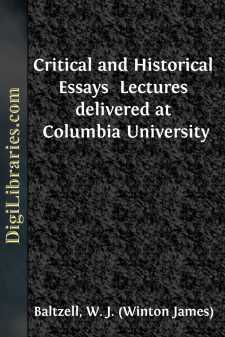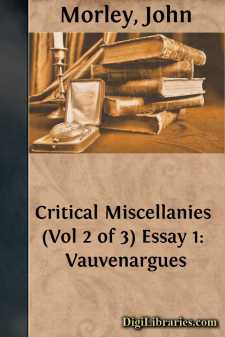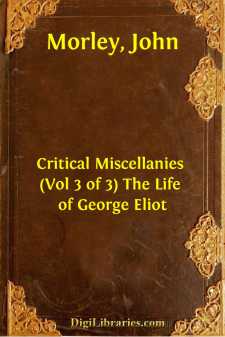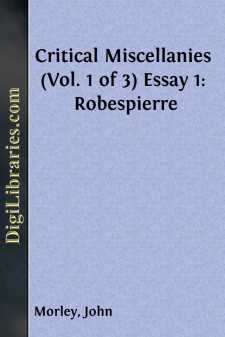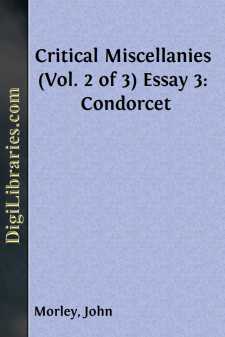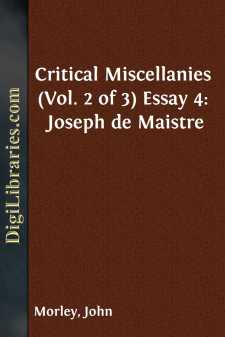Categories
- Antiques & Collectibles 13
- Architecture 36
- Art 48
- Bibles 22
- Biography & Autobiography 813
- Body, Mind & Spirit 142
- Business & Economics 28
- Children's Books 17
- Children's Fiction 14
- Computers 4
- Cooking 94
- Crafts & Hobbies 4
- Drama 346
- Education 46
- Family & Relationships 57
- Fiction 11829
- Games 19
- Gardening 17
- Health & Fitness 34
- History 1377
- House & Home 1
- Humor 147
- Juvenile Fiction 1873
- Juvenile Nonfiction 202
- Language Arts & Disciplines 88
- Law 16
- Literary Collections 686
- Literary Criticism 179
- Mathematics 13
- Medical 41
- Music 40
- Nature 179
- Non-Classifiable 1768
- Performing Arts 7
- Periodicals 1453
- Philosophy 64
- Photography 2
- Poetry 896
- Political Science 203
- Psychology 42
- Reference 154
- Religion 513
- Science 126
- Self-Help 84
- Social Science 81
- Sports & Recreation 34
- Study Aids 3
- Technology & Engineering 59
- Transportation 23
- Travel 463
- True Crime 29
Sort by:
by:
Clarence Darrow
I There can be no sane discussion of "crime" and "criminals" without an investigation of the meaning of the words. A large majority of men, even among the educated, speak of a "criminal" as if the word had a clearly defined meaning and as if men were divided by a plain and distinct line into the criminal and the virtuous. As a matter of fact, there is no such division, and...
more...
by:
Cesare Lombroso
INTRODUCTION BY CESARE LOMBROSO [Professor Lombroso was able before his death to give his personal attention to the volume prepared by his daughter and collaborator, Gina Lombroso Ferrero (wife of the distinguished historian), in which is presented a summary of the conclusions reached in the great treatise by Lombroso on the causes of criminality and the treatment of criminals. The preparation of the...
more...
by:
Kelly Freas
Warden Halloran smiled slightly. "You expect to have criminals on Mars, then?" he asked. "Is that why you want me?" "Of course we don't, sir!" snapped the lieutenant general. His name was Knox. "We need men of your administrative ability—" "Pardon me, general," Lansing interposed smoothly, "I rather think we'd better give the warden a ... a more...
more...
by:
Benjamin Jowett
CRITIAS. PERSONS OF THE DIALOGUE: Critias, Hermocrates, Timaeus, Socrates. TIMAEUS: How thankful I am, Socrates, that I have arrived at last, and, like a weary traveller after a long journey, may be at rest! And I pray the being who always was of old, and has now been by me revealed, to grant that my words may endure in so far as they have been spoken truly and acceptably to him; but if unintentionally...
more...
CRITICAL AND HISTORICAL ESSAYS Darwin's theory that music had its origin “in the sounds made by the half-human progenitors of man during the season of courtship” seems for many reasons to be inadequate and untenable. A much more plausible explanation, it seems to me, is to be found in the theory of Theophrastus, in which the origin of music is attributed to the whole range of human emotion....
more...
by:
John Morley
VAUVENARGUES. One of the most important phases of French thought in the great century of its illumination is only thoroughly intelligible, on condition that in studying it we keep constantly in mind the eloquence, force, and genius of Pascal. He was the greatest and most influential representative of that way of viewing human nature and its circumstances, which it was one of the characteristic glories...
more...
by:
John Morley
THE LIFE OF GEORGE ELIOT. The illustrious woman who is the subject of these volumes makes a remark to her publisher which is at least as relevant now as it was then. Can nothing be done, she asks, by dispassionate criticism towards the reform of our national habits in the matter of literary biography? 'Is it anything short of odious that as soon as a man is dead his desk should be raked, and every...
more...
by:
John Morley
A French writer has recently published a careful and interesting volume on the famous events which ended in the overthrow of Robespierre and the close of the Reign of Terror. These events are known in the historic calendar as the Revolution of Thermidor in the Year II. After the fall of the monarchy, the Convention decided that the year should begin with the autumnal equinox, and that the enumeration...
more...
by:
John Morley
CONDORCET. Of the illustrious thinkers and writers who for two generations had been actively scattering the seed of revolution in France, only Condorcet survived to behold the first bitter ingathering of the harvest. Those who had sown the wind were no more; he only was left to see the reaping of the whirlwind, and to be swiftly and cruelly swept away by it. Voltaire and Diderot, Rousseau and...
more...
by:
John Morley
JOSEPH DE MAISTRE. Owing to causes which lie tolerably near the surface, the remarkable Catholic reaction which took place in France at the beginning of the present century, has never received in England the attention that it deserves; not only for its striking interest as an episode in the history of European thought, but also for its peculiarly forcible and complete presentation of those ideas with...
more...


